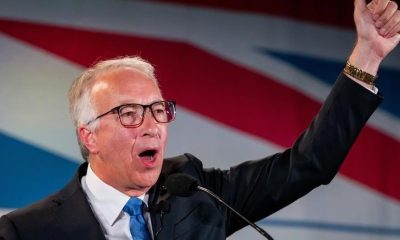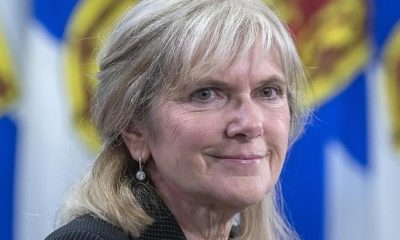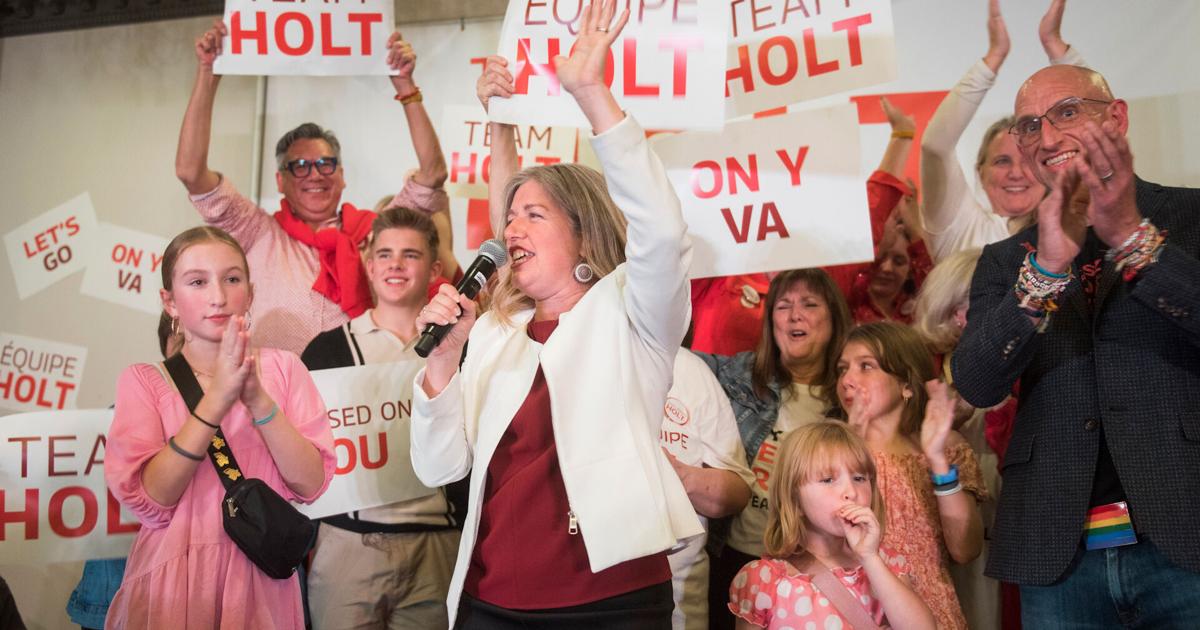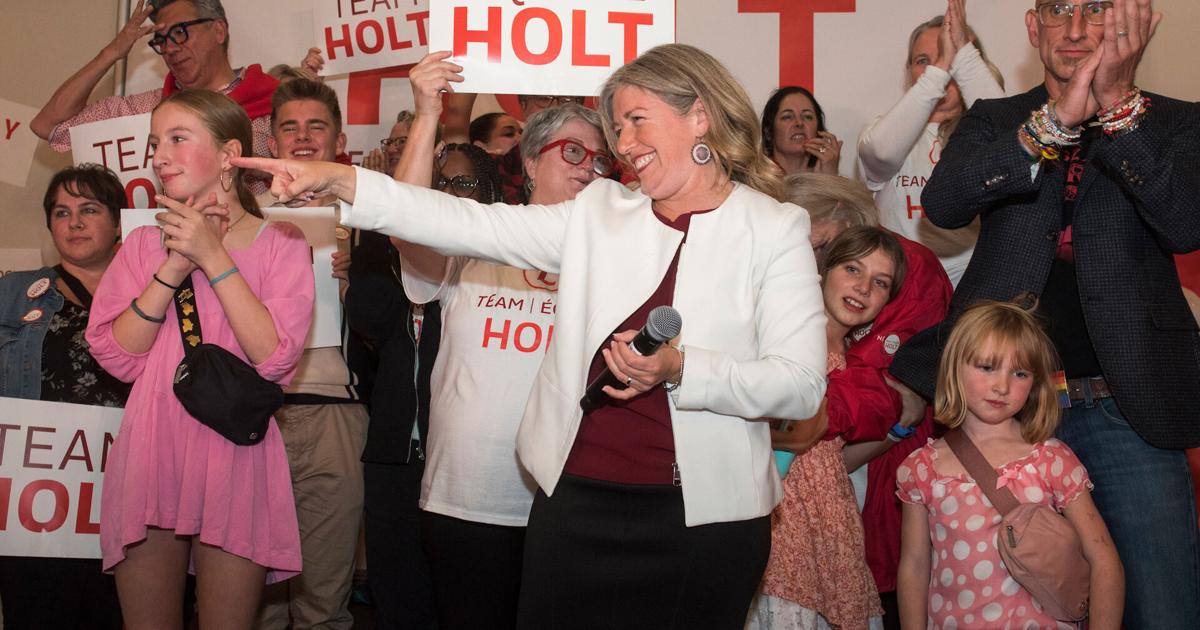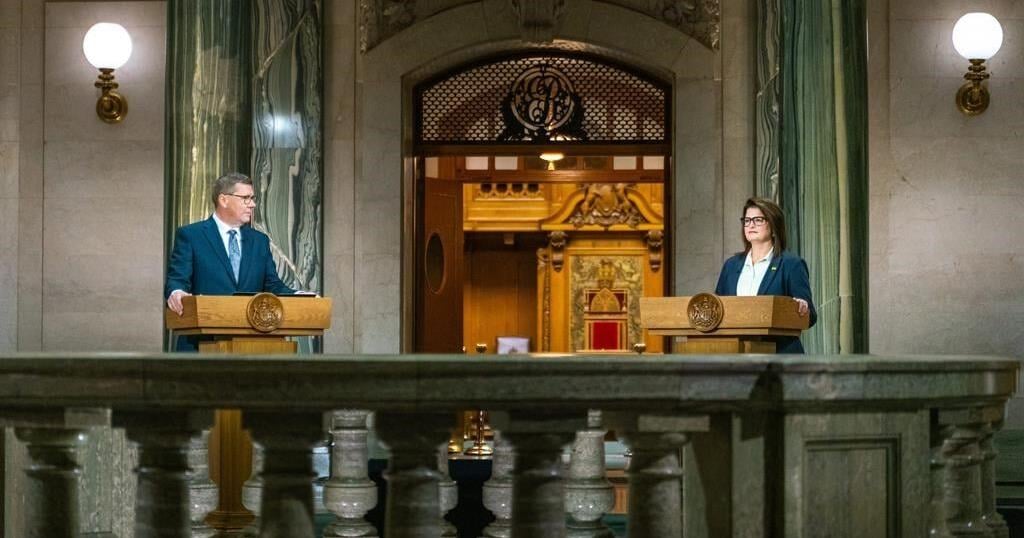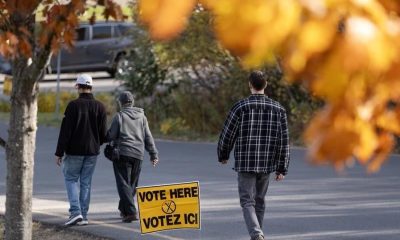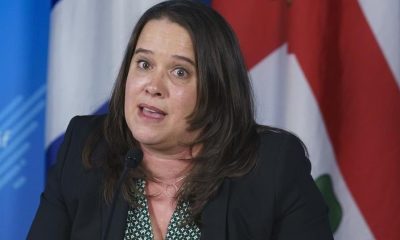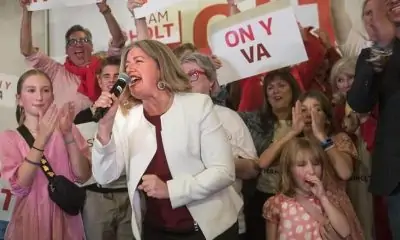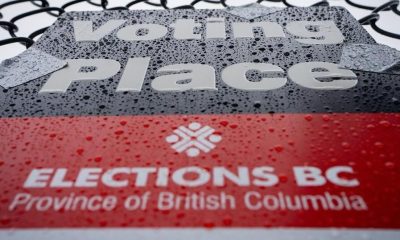OTTAWA — The Liberal government is moving to ban Russians sanctioned over Moscow’s invasion of Ukraine from entering Canada.
The government tabled proposed amendments to federal immigration law in the Senate on Tuesday to ensure foreign nationals subject to sanctions under the Special Economic Measures Act are inadmissible to Canada.
The changes would allow the Canada Border Services Agency to deny entry to, and remove, people who have been sanctioned, and would enable Immigration, Refugees and Citizenship Canada officials to deny visas.
Once in force, the amendments would apply to all foreign nationals subject to sanctions by Canada, as well as any accompanying family members.
Since the start of Russia’s attack on Ukraine in late February, Canada has sanctioned more than 1,000 people from Russia, Ukraine and Belarus.
Banning close associates and key supporters of Russian President Vladimir Putin’s regime is one of the many ways in which Canada is holding Moscow accountable for its unprovoked aggression, said Public Safety Minister Marco Mendicino.
“We will continue to exhaust all options to uphold freedom and democracy, punish Russia, and support Ukraine,” he said in a statement.
In April, Moscow announced it was barring 61 additional Canadians, including politicians, journalists and military members, from entering Russia due to Canada’s actions against the country.
Russia had already barred many prominent Canadians from its soil.
Canada’s recent sanctions against Russians have been based on the grounds of a “grave breach of international peace and security” in the Special Economic Measures Act.
The bill introduced Tuesday by Sen. Marc Gold, the government representative in the upper chamber, would amend the Immigration and Refugee Protection Act to include these grounds and all others listed under the special economic measures law.
Foreign nationals who are inadmissible to Canada may have their applications for temporary resident visas refused or cancelled by immigration officials.
Those barred from Canada due to sanctions will still be eligible to have a refugee claim considered by the refugee protection division of the Immigration and Refugee Board, and will have access to a full pre-removal risk assessment, the government says.
NDP foreign affairs critic Heather McPherson said while it was encouraging to see the Liberals take action to bar sanctioned individuals, the government should work to get Ukrainians to safety quickly by dropping visa requirements for them.
In addition, New Democrats will continue to push the government to allow for sanctioned assets to be used to support Ukrainians, she said.
This report by The Canadian Press was first published May 17, 2022.
Jim Bronskill, The Canadian Press
Related



